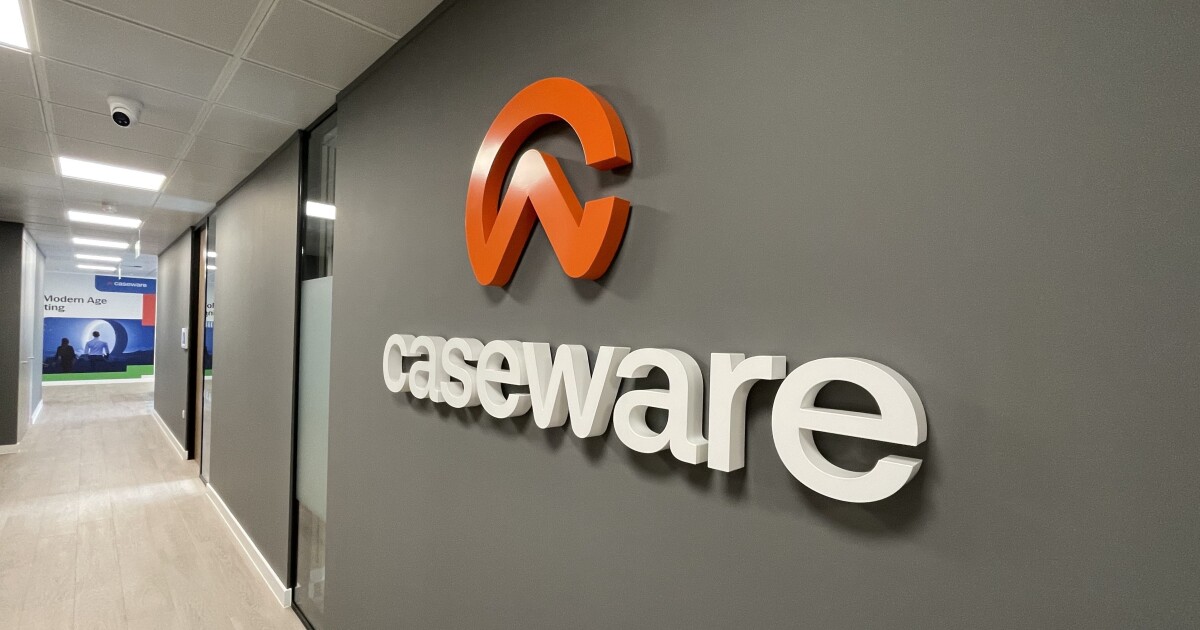As a 27-year-old professional, my conversations with CPA firms range from the managing partner to younger leadership, such as managers or newly admitted partners — and it is evident that there is a shift in how emerging leaders perceive firm ownership.
Historically, becoming a CPA and achieving partner status was seen as the ultimate career milestone. However, in recent years, many younger CPAs have questioned whether the traditional path to partnership aligns with their career goals, values, and lifestyle preferences.
Several factors contribute to why younger CPAs are avoiding the pursuit of the partnership track.
- Financial barriers: The buy-in cost is often seen as a barrier for those already burdened by student loans, buying houses, or seeking financial flexibility. For many young professionals, the idea of taking on additional debt or committing a large portion of their savings to buy into a firm feels risky, especially in an uncertain economic environment.
- Work-life balance: The accounting profession is known for its demanding hours, particularly during tax season and other peak periods. However, many younger professionals today have a different value perspective on work-life balance and personal well-being. Some are unwilling to sacrifice their health, family time, or personal interests for career advancement. They are seeking roles that offer flexibility, remote work options, and better integration of work and life. To some, these elements are often perceived as lacking in the typical partnership model.
- Alternative career paths: Accounting is rapidly evolving. With that comes new technologies, regulations, and market demands that constantly reshape the landscape. As a result, there are now more career opportunities outside the traditional firm structure than ever before. Roles in private equity, financial consulting, and technology are increasingly attractive to young CPAs. They are being given a chance to leverage their skills in innovative and dynamic environments. These alternative paths often offer competitive salaries, career advancement opportunities, and the chance to work on cutting-edge projects — without the need to buy into a partnership.
Luis A. Orozco/Cin8 – stock.adobe.com
We’re increasingly hearing from firms about the challenges they face in attracting young talent to the partnership track. The concerns are not just about financial and time commitments, but also about the desire and readiness of young professionals to take on leadership roles.
- Shifting career expectations: For many, success is no longer defined by making the partner level in just any firm. Instead, they value career progression that allows for continuous learning, skill development, and opportunities to work on meaningful projects. They are also looking for employers who prioritize a healthy work-life balance.
- The need for flexibility: Flexibility is a key demand among younger CPAs. Whether it’s the ability to work remotely, set flexible hours, or pursue side projects, flexibility is seen as a non-negotiable aspect of a modern career. Firms that fail to offer flexible working arrangements may find themselves at a disadvantage in recruiting and retaining top talent. Are there issues with remote or partially remote work environments? Yes, but is that due to the work environment situation or the differences that exist in each person’s ability or desire to stay focused?
- Technology and innovation: The rise of automation, artificial intelligence, and data analytics are transforming the accounting profession. Younger professionals are eager to embrace these technologies and apply them in their work. They are looking for firms that are not only adopting these innovations but also integrating technology into their services.
Adapting to the generational shift
The shift in mindset among younger professionals is both a challenge and an opportunity. To remain competitive in attracting and retaining top talent, firms need to rethink their approach to career development, leadership, and the overall partnership model.
- Offer alternative compensation models: Firms can explore offering equity stakes or profit-sharing arrangements that don’t require the traditional buy-in. By separating ownership from financial investment, firms can make leadership roles more accessible to talented professionals who may not have the resources for a large buy-in.
- Consider merging up or being acquired: Merging or being acquired by a larger firm can provide young professionals with enhanced career opportunities and reduce the financial burden of traditional buy-ins. This strategy allows firms to offer a more dynamic environment with better resources and client diversity, making them more appealing to young CPAs.
- Enhance work-life balance: To attract and retain young professionals, firms must prioritize work-life balance. This can be achieved by offering flexible work arrangements, promoting a healthy work culture, and supporting mental health and well-being initiatives. Firms that demonstrate a commitment to employee well-being will stand out in a competitive talent market.
- Leverage private equity to attract young talent: Private equity is another option for firms, as it can provide the capital needed for investments in technology and expansion of services to offer competitive compensation packages. PE-backed firms tend to present young professionals with innovative career growth and partnership opportunities, making them attractive to those seeking a modern and rewarding work environment.
Is your firm future-ready?
The traditional partnership model is at a critical transitionary period. As the accounting profession continues to evolve, firms that recognize the shifting priorities of the next generation and adapt accordingly will be better positioned to thrive in a competitive and changing marketplace.
Whether it’s rethinking the partnership track, or looking to evolve as a firm, there are numerous ways to align the offerings with the expectations of today’s young professionals.
Credit: Source link











